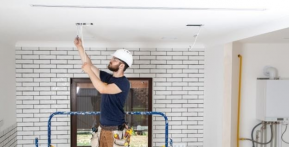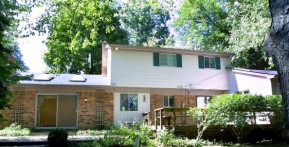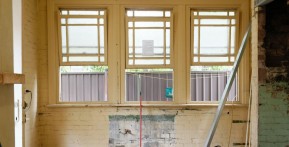
Buying a home in the United States is now nearly 40% more expensive than renting, and will likely remain so for years to come, a new analysis found.
A study from real estate services firm CRBE found that the average monthly mortgage payment for a new home was 38% more than the average rent at the end of 2023. The average monthly payment on a mortgage for a new home last year was $2,997. In comparison, the average monthly payment on a new apartment lease in the same period is $2,997.
The costs of homebuying and renting were closely aligned until 2019. However, mortgage payments and taxes soared over the past years by 75%. The study also noted that it expects mortgage payments to cost 11% more than rent in the year 2030.
"The disparity between mortgage payments and rental costs presents a substantial hurdle for aspiring homeowners. The sharp increase in the cost of buying a home has made it increasingly difficult for individuals and families to make the transition from renting to owning," Matt Vance, CBRE's Americas head of multifamily research, said, as quoted by Business Insider.
The disparity between homeownership and renting is particularly stark in the real estate markets of Denver, Los Angeles, Nashville, San Francisco, Seattle, and Tennessee. In fact, the study found that a 20% downpayment for a median home in Denver today is "equivalent to six years of the average apartment rent."
What Is Causing the Disparity?
The report attributed the soaring costs of home buying to higher mortgage rates. In the week ending March 21, mortgage rates for the 30-year fixed-term loan rose to 6.87%, while the mortgage rates for the 15-year fixed-term loan hit 6.21%, according to Freddie Mac.
Another factor being attributed to the skyrocketing cost of homeownership is the nationwide housing shortage. The CRBE report estimates that the U.S. is short about 3.8 million housing units. Nearly 90% of shortfalls are in single-family homes and smaller multi-unit dwellings. And despite the recent increase in new construction activity, the study expects the housing shortage to last until at least 2029.
READ NEXT: Aspiring Homebuyers Need To Earn 80% More To Afford a House in the Current Market: Study













